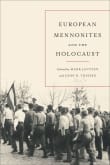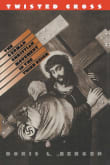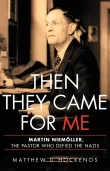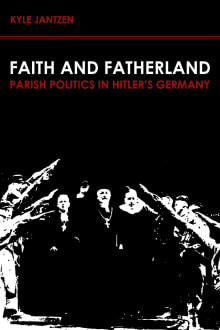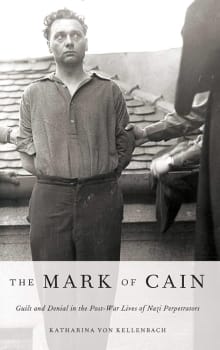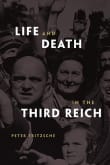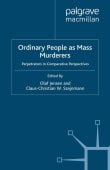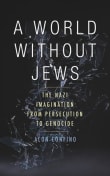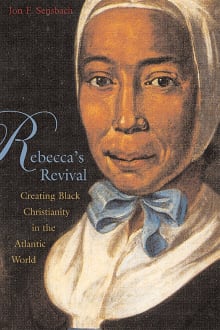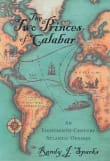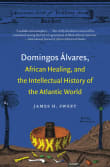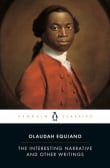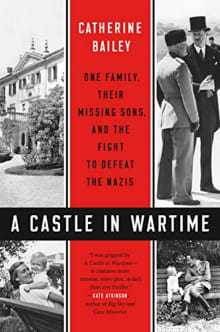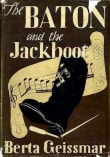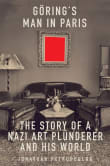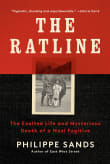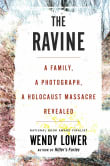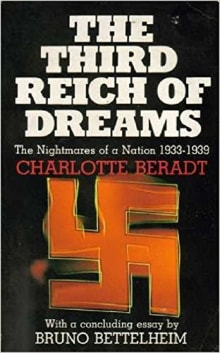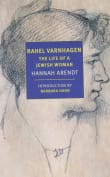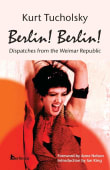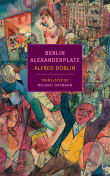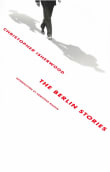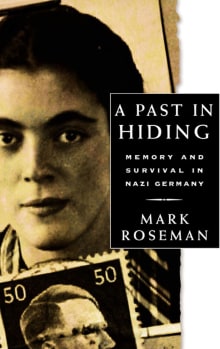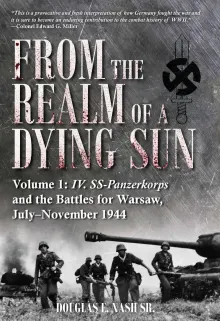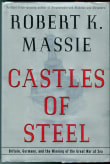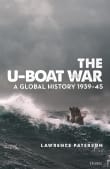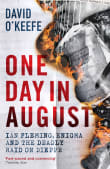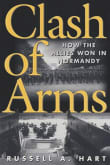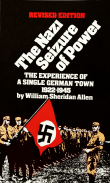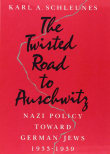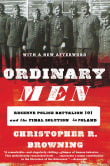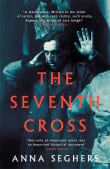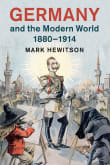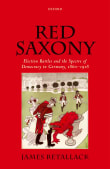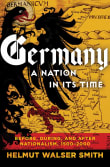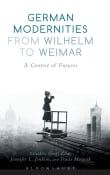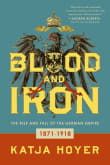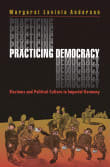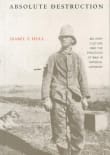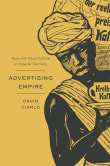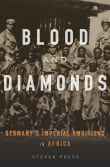
From my list on German Protestantism in Hitler’s Germany.
Why are we passionate about this?
Kevin P. Spicer is a historian of twentieth-century Germany who investigates the relationship between church and state from 1918-1945. I'm fascinated by the choices of Christian leaders as they negotiated the challenges of living and leading under National Socialism. I seek to understand the connections between Christian antisemitism and National Socialist’s racial-based exclusionary ethnonationalism and antisemitism. Rebecca Carter-Chand is a historian of twentieth-century Germany who focuses on Christianity during the Nazi period. I'm particularly interested in the smaller Christian churches on the margins of the German religious landscape, many of which maintained ties with their co-religionists abroad. I seek to understand how religious communities navigate ethical and practical challenges of political upheaval and fascism.
Kevin's book list on German Protestantism in Hitler’s Germany

Why did Kevin love this book?
Bergen’s classic study of the German Christian movement explores the origins and influence of this sizable movement within German Protestantism that sought to synthesize Christianity and Nazism. The German Christians’ mission to transform Christianity into a ‘racially pure’ church manifested in practical ways, including denying the Jewishness of Jesus and excluding Christians of Jewish heritage. The book emphasizes the movement’s theological and political foundations, dispelling the myths that the German Christian movement was a purely Nazi creation imposed on the church or that the movement’s adherents were merely opportunistic. A central component of Bergen’s analysis is focused on gender, arguing for the centrality of gendered rhetoric and what would today be recognized as toxic masculinity. The narrative continues into the postwar period, revealing how many German Christians were able to reintegrate into German Protestant life after the war.
1 author picked Twisted Cross as one of their favorite books, and they share why you should read it.
How did Germany's Christians respond to Nazism? Bergen addresses one important element of this response by focusing on the 600,000 self-described ""German Christians"" who sought to expunge all Jewish elements from the Christian church. In a process that became more daring as Nazi plans for genocide unfolded, this group of Protestant lay people and clergy rejected the Old Testament, ousted people defined as non-Aryans from their congregations, denied the Jewish ancestry of Jesus, and removed Hebrew words like ""Hallelujah"" from hymns. Bergen refutes the notion that the German Christians were a marginal group and demonstrates that members occupied key positions…

